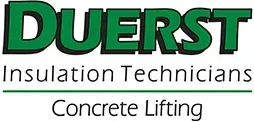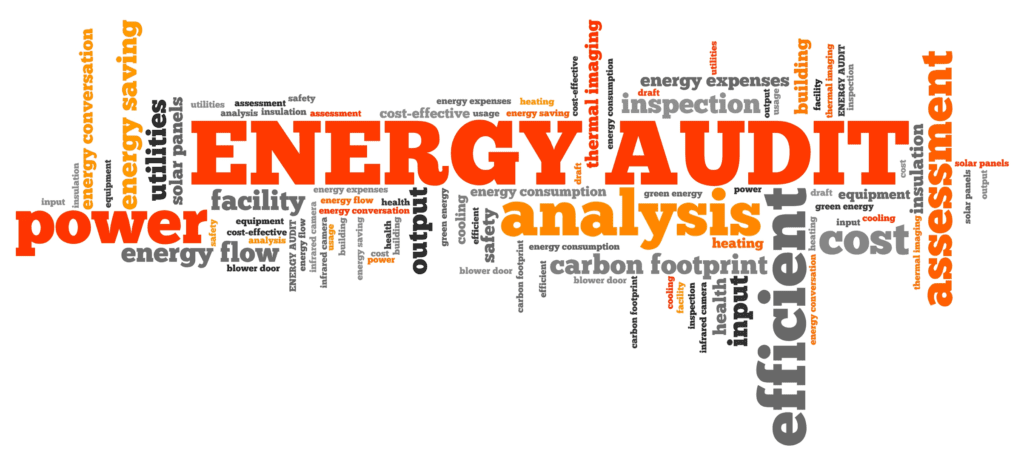You may have heard about an “energy audit” and wondered what that is. Basically, it is a systematic assessment of a building or facility to evaluate its energy usage and identify opportunities for improving efficiency. The primary goal of an energy audit is to assess how energy is being consumed and find ways to reduce waste, lower energy costs, and enhance overall efficiency.
Audits can be conducted in residential homes, commercial buildings, or industrial facilities, with the audit process varying based on the size, complexity, and purpose of the energy usage. The audit typically involves both a review of utility bills and an on-site inspection of energy-consuming systems, such as heating, cooling, lighting, insulation, and appliances.
We do energy audits for several reasons, with cost reduction being one of the most significant incentives. By identifying areas of energy waste, businesses and homeowners can implement strategies that lower energy consumption, which in turn leads to reduced utility bills.
In addition to financial savings, energy audits also help improve the environmental footprint of a building by reducing its carbon emissions and promoting sustainable energy use. This can contribute to broader efforts to meet climate goals or comply with local regulations that require energy efficiency improvements.
We follow a set procedures, often beginning with a review of the building's energy usage patterns. This includes analyzing utility bills to identify trends, such as peaks in energy consumption. We then conduct a physical inspection of the building to evaluate insulation, windows, HVAC systems, lighting, and appliances. During this inspection, we may use specialized tools like thermal cameras or blower doors to detect areas where energy is being lost or where systems are operating inefficiently.
Once we have the data, we prepare a report detailing the findings and recommending improvements. These recommendations might include upgrading insulation, replacing outdated appliances with energy-efficient models, sealing air leaks, improving HVAC systems, or implementing energy management systems.
The report may also suggest behavioral changes, like using energy-efficient lighting or adjusting thermostats to optimize energy use. Some audits may even propose renewable energy options, such as installing solar panels or wind turbines, depending on the building’s characteristics.
After receiving the audit report, you as the building owner can choose to implement the suggested changes. While some improvements may be inexpensive and easy to implement, others might require significant investment. However, many energy-saving measures provide a return on investment through reduced energy costs over time. In some cases, incentives or rebates from Focus pn Energy or the Inflation Reduction Act (IRA-HOMES) may be available to offset the initial cost. Energy audits are therefore an essential tool for anyone looking to manage energy consumption more effectively, lower costs, and contribute to environmental sustainability.
Questions? Contact us for the answers.



